|
Rutgers Ecological Preserve partnered with EcoGSA for our annual Run for the Woods fundraiser earlier this month to raise money for the Rutgers EcoPreserve. This year was the 18th year in which runners gathered in the Kilmer Woods for a 5k through the ecological preserve. This year, we had 79 participants, many volunteers from both programs, and some who pulled both double duty volunteering and running! Evan Joo (left) and Morgan Mark (right) cross the finish line! This year the race fell on the 4th of May, so we leaned into the Star Wars theme with a "may the forest be with you" theme and a special t-shirt design! We even had some participants dress up for the occasion!  Thank you to everyone who came out and made this event a great success! We hope to see you next May!
Last weekend was EcoGSA's biannual camping trip: fall edition! Six members of our GSA were joined by students from the electrical engineering and data science programs at Rutgers to enjoy the frosty fall weather at the Worthington State Forest campground.
Thank you to Kendall Eldredge for coordinating this trip! As the days continue to grow shorter and the air takes on the crisp chill of autumn, let's flash back to the warm days of summer, when EcoGSA members were busy with field work! Let's take a look at what one of our members, Emma Waltman, spent her days doing. 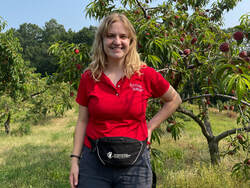 Emma is a third-year PhD student co-advised by Anne Nielsen and Julie Lockwood. Her research is concerned with the effect of landscape variables on enemy-associated egg mortality of stink bugs. To do this, she spent June through August deploying egg masses of two different species, the invasive brown marmorated stink bug and the beneficial spined soldier bug, at different peach orchards. At the end of the summer, she assessed the fate of the eggs. Specifically, she examined whether the eggs had been predated or parasitized by parasitoid wasps. The farms vary widely in the features of the landscape that surrounds them, which may affect the mortality levels. In addition, she was examining differences in the associated parasitoids for each stink bug host species. 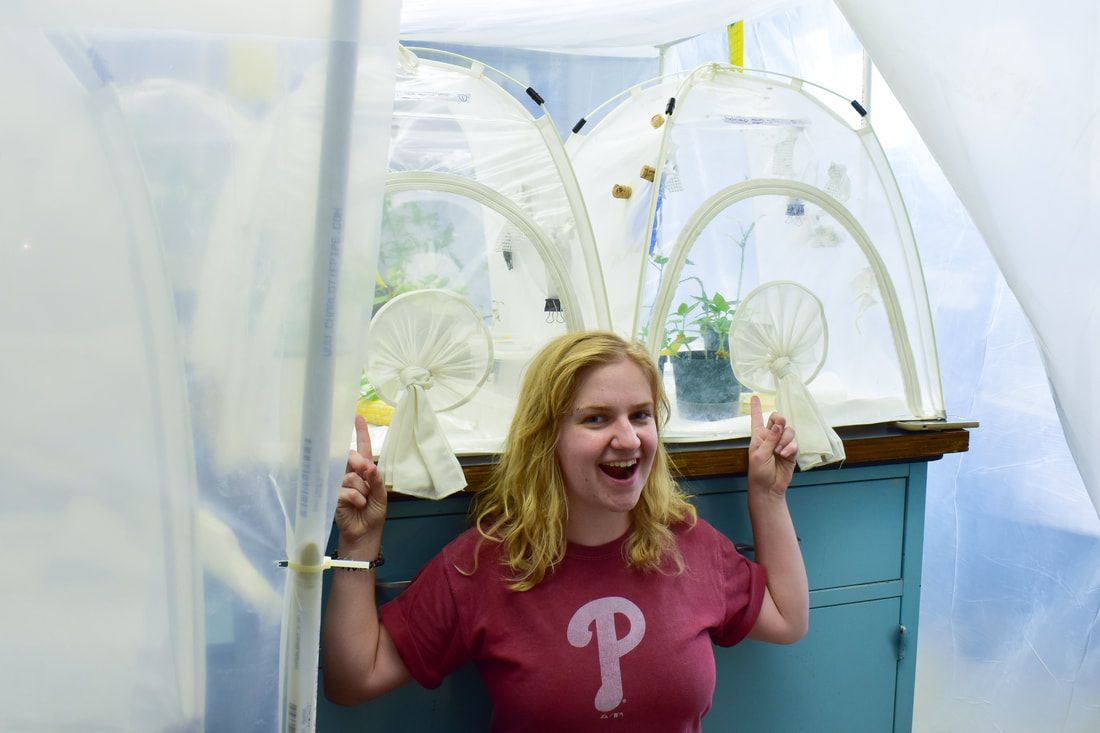 As we celebrate the start of summer, it's time to take a look back at all of the fun things EcoGSA members got up to this semester! Trip to American Museum of Natural History At the beginning of April, students at the Richard Gilder Graduate School hosted Rutgers EcoGSA students for a special behind-the-scenes tour of the American Museum of Natural History. We saw both dinosaur fossils and preserved insect specimens - the Winfree lab members were particularly excited about the bees! Run for the Woods 2023 On Saturday, April 15, EcoGSA hosted the 5k trail race through the Rutgers Eco Preserve. It was a great day! We had fun, and the winners received prizes ranging from running store gift cards to redbud and magnolia trees from a local nursery. Spring Camping Trip: Pinelands Edition At the beginning of May, EcoGSA members spent a spectacular weekend camping at Goshen Pond in Wharton State Forest. It was such a blast that we unfortunately didn't get a group photo, but please enjoy this beautiful sunset, featuring Coco the dog. Rutgers Day Though it rained on Rutgers Day for what might have been the first time ever, EcoGSA still hosted a table in the lobby of the DEENR building, exhibiting museum specimens and other science outreach activities for those who braved the rain! GREBE Symposium The Graduate Research in Ecology, Behavior, & Evolution Annual E&EB Grad Student Symposium 2023 was hosted the weekend of May 13th at Yale. While it was a busy time at the end of the semester, we were represented by Lindsey, Dylan, Kelvin, and Kendall from EcoGSA! Great job! Have a great summer, and we're looking forward to the year ahead!
Congratulations to Dylan Simpson on TWO recent accomplishments! Dylan was selected as one of 15 SGS students to receive the Louis Bevier Dissertation Completion Fellowship. The fellowship will support the final year of Dylan's dissertation work, and it recognizes his excellent work in the program so far. Congrats, Dylan!
Another congrats to Dylan for receiving a travel grant to attend the Innovation Summit hosted by the Environmental Data Science Innovation and Inclusion Lab (ESILL), at University of Colorado, Boulder. The purpose of ESIIL and the summit are to bring together scientists from diverse fields and backgrounds to develop solution-oriented research programs and science-based solutions to societal and environmental problems. Read more about ESIIL here at this link: https://esiil.org/ Do you want to support the Rutgers Eco Preserve? Sign up to participate in Run for the Woods! (And if the thought of walking/jogging/running doesn't excite you, do it for the free shirt.)
Run for the Woods is a family-friendly 5k trail race through the Rutgers Eco Preserve. It is hosted annually by Rutgers Ecology & Evolution graduate students. Proceeds go towards restoration and maintenance for the Eco Preserve, as well as research grants for E&E graduate students. The race will be held at 9:00 AM on Saturday, April 15, 2023. Snacks and a free T-shirt are included with sign-up! Sign up at the link here: https://runsignup.com/Race/NJ/Piscataway/RunfortheWoods Congratulations to Ryan Almeida (PhD candidate in the Lockwood Lab) for his publication in the Journal of Applied Ecology! His paper is titled "Multiple co-occurring bioeconomic drivers of overexploitation can accelerate rare species extinction risk."
Here's how Ryan summarizes the project in his own words: "Overexploitation, the unsustainable harvest of animals from the wild, is one of the biggest threats facing global biodiversity. A major driver of overexploitation is the commercial wildlife trade, a global industry that’s worth billions of dollars annually. The global wildlife trade is vast in its scope and variable in its impact on different species; as a result, whether a traded species is threatened with extinction depends on several different ecological and socioeconomic factors, such as rarity, consumer demand, or biological traits. In this study, we looked at how these different factors associated with overexploitation can interact to affect rare species extinction risk. Perhaps unsurprisingly, we found that when species are faced with several of these factors at once, they face a much higher extinction risk. These results suggest that under certain economic and ecological conditions, we may be underestimating the threat that exploitation can pose to species, especially when they are rare or economically valuable." Click here to check out his paper or access it at this link: https://doi.org/10.1111/1365-2664.14376
Today's post celebrates awesome outreach efforts about bats by Erin McHale, Morgan Mark, and Evan Drake. This summer Erin, Morgan, and Evan gave a fun and educational outdoor presentation about bats to community members at the Troy Meadows Nature Preserve, which was organized by the Parsippany Bat Protection Project (PBPP). Their outreach work was featured in the Parsippany Focus! The article is titled "Rutgers Takes Stage, As Bats Take To The Air, At Troy Meadows Preserve." Congrats!
Erin, Morgan, and Evan are PhD students in Brooke Maslo's lab. Erin's dissertation research focuses on the foraging ecology and behavior of insectivorous bats. By studying their diet with molecular techniques and guano, we can understand how to better conserve these incredible species and the invaluable ecosystem services they provide. As an incoming grad student, Morgan is interested in studying wildlife diseases, zoonoses, and SARS-CoV-2 (the virus responsible for COVID-19). She is a field tech, educator, and media manager for the Rutgers Wildlife Conservation and Management Program (WCMP). What's a Bat Walk? Read the article here to find out and learn more about their bat outreach. Congrats to Danielle Brown on her recent paper about humpback whales in the NY Bight!
Danielle's paper is titled "Site fidelity, population identity and demographic characteristics of humpback whales in the New York Bight apex" and it was published in the Journal of the Marine Biological Association of the United Kingdom. This study is important for informing management decisions because whales in the New York Bight apex (the coastal area between Long Island and New Jersey) overlap with human activities that may harm these threatened species. Danielle and her team found that humpback whales spend an extended period of time in the NY Bight region and 31.3% of whales return the following year. Check out the article here: https://doi.org/10.1017/S0025315422000388 |
We seek to further the social, cultural, academic and research interests of the students in the graduate program in Ecology and Evolution and act as a link between the graduate students and the faculty. Archives
November 2023
Categories |



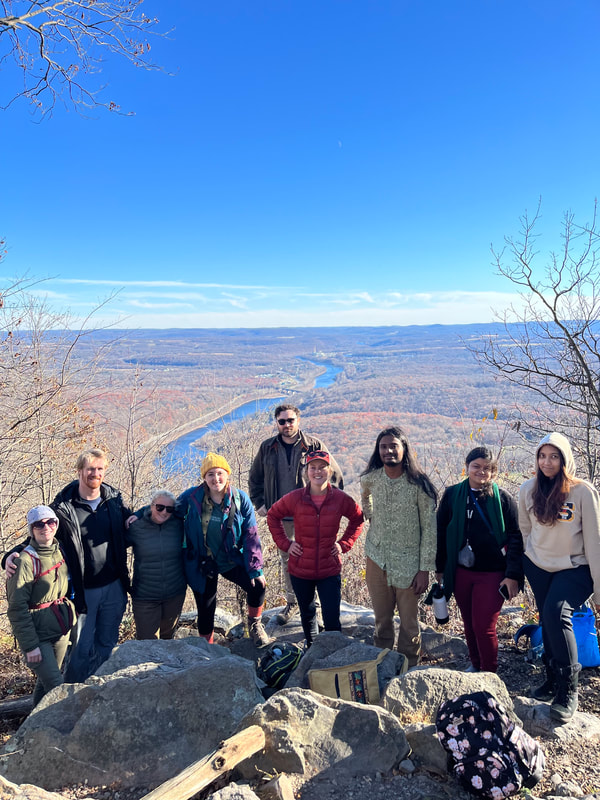
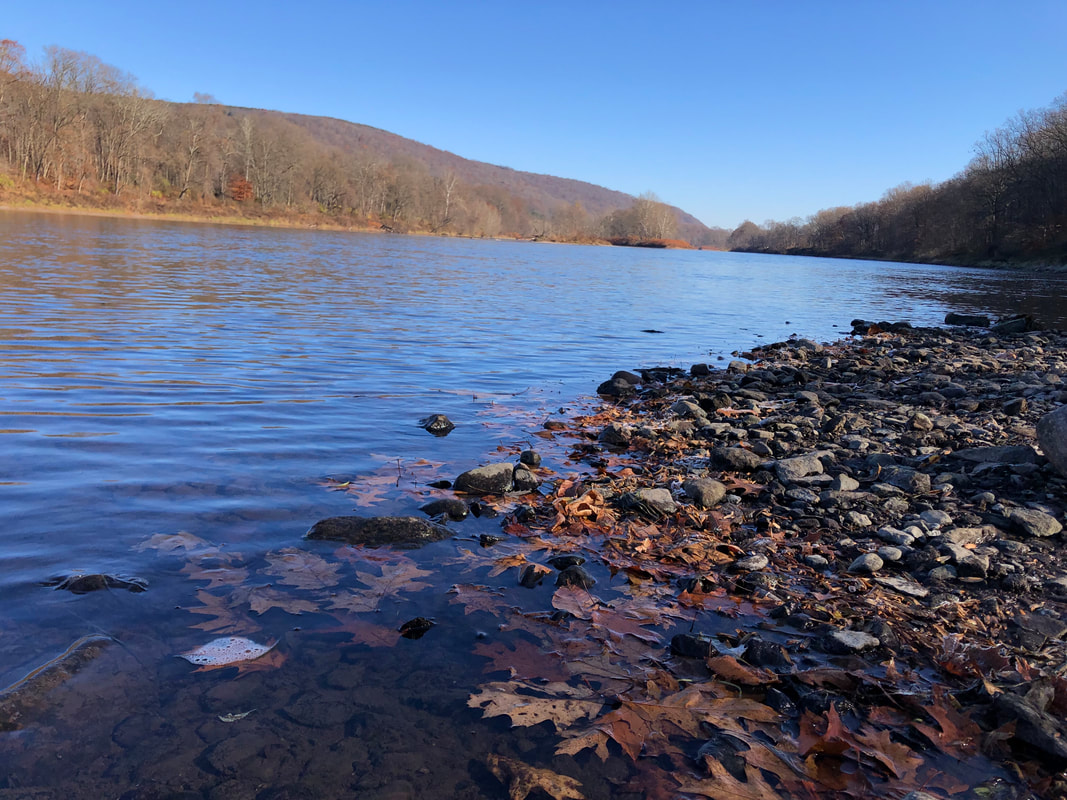
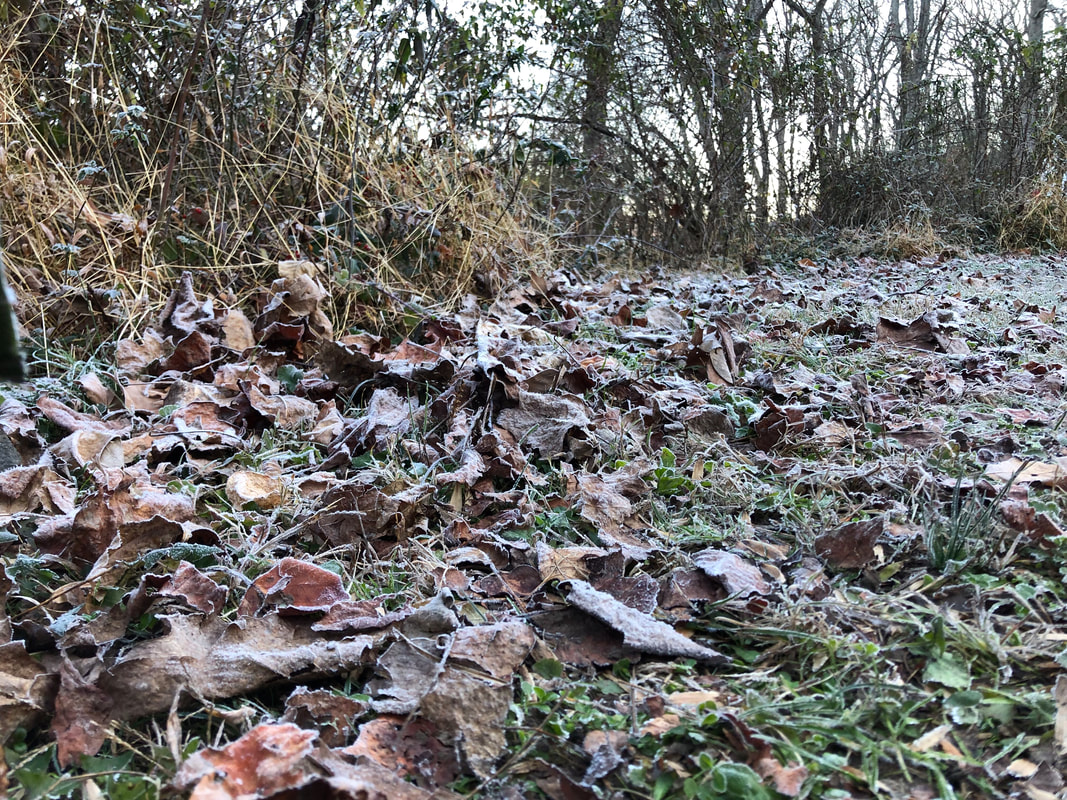
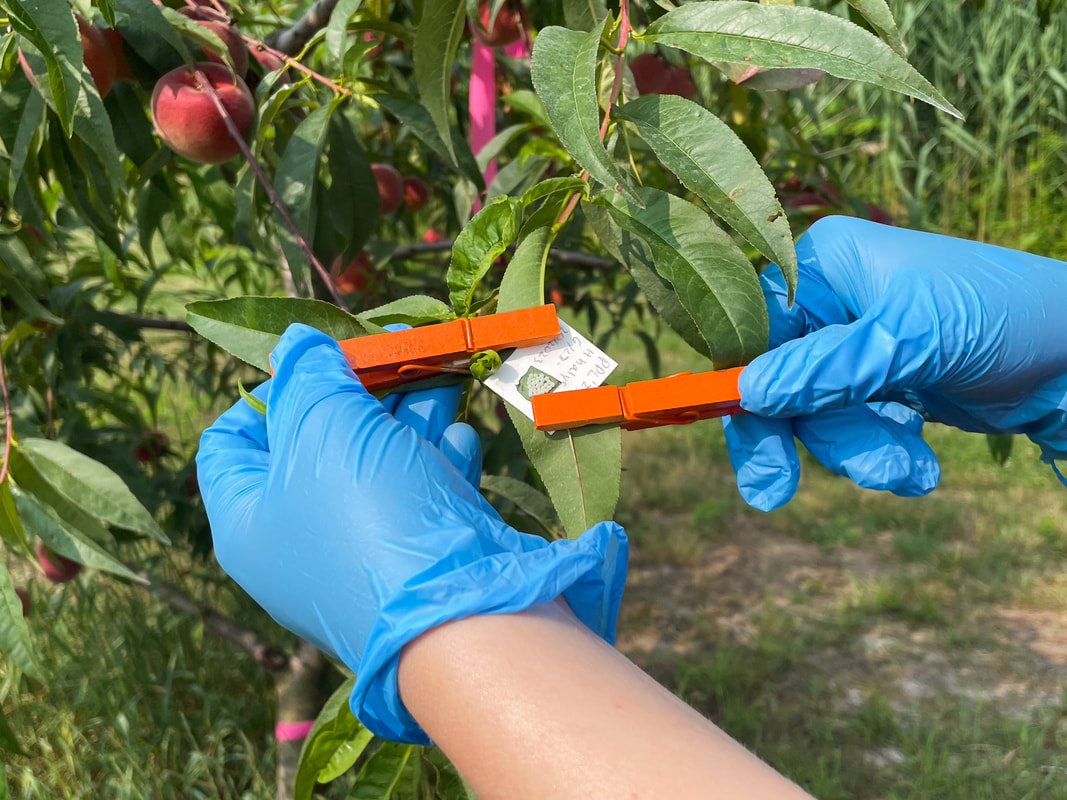
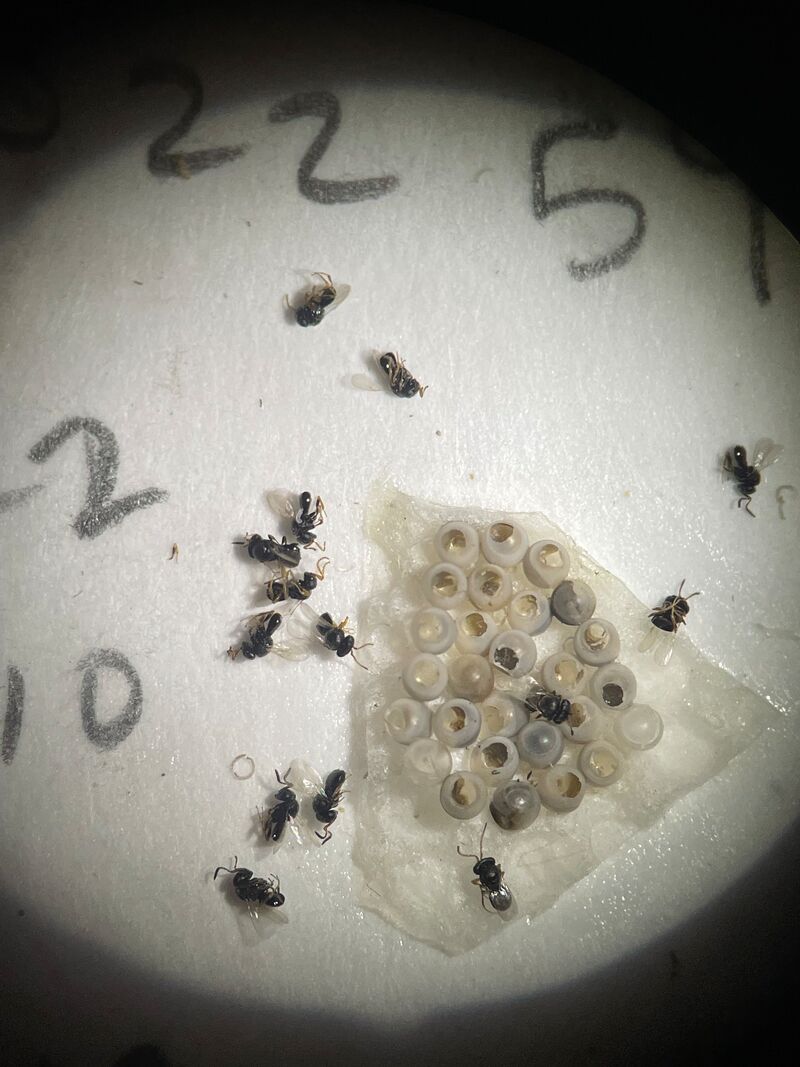
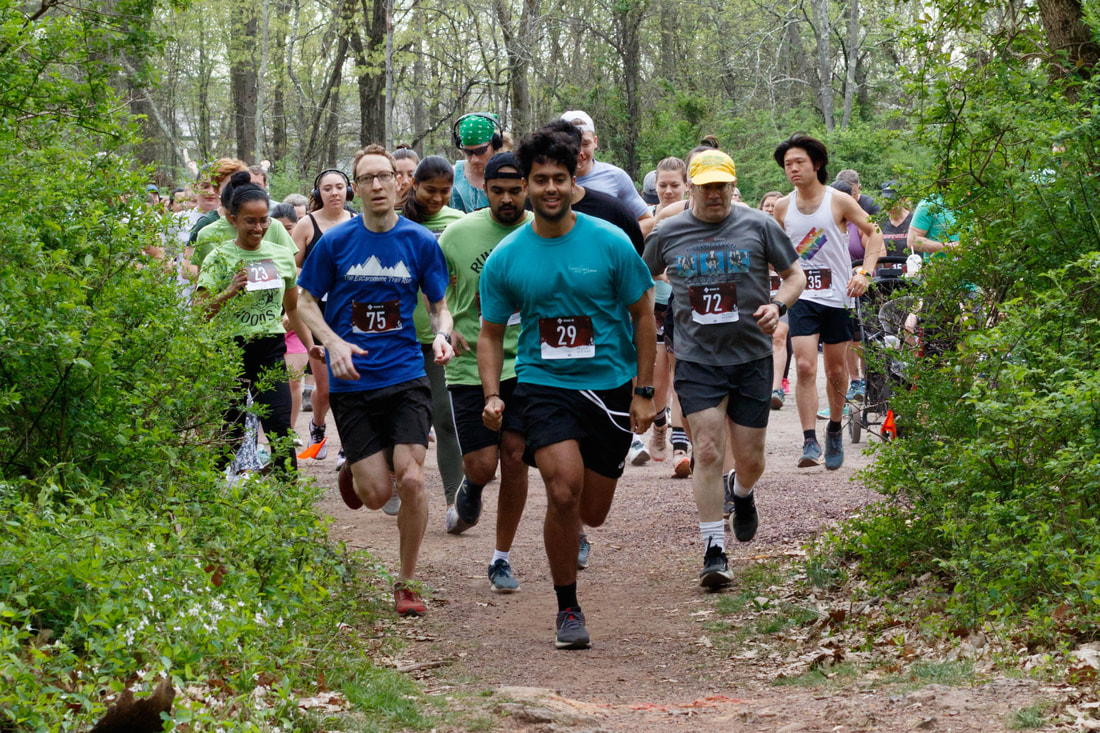
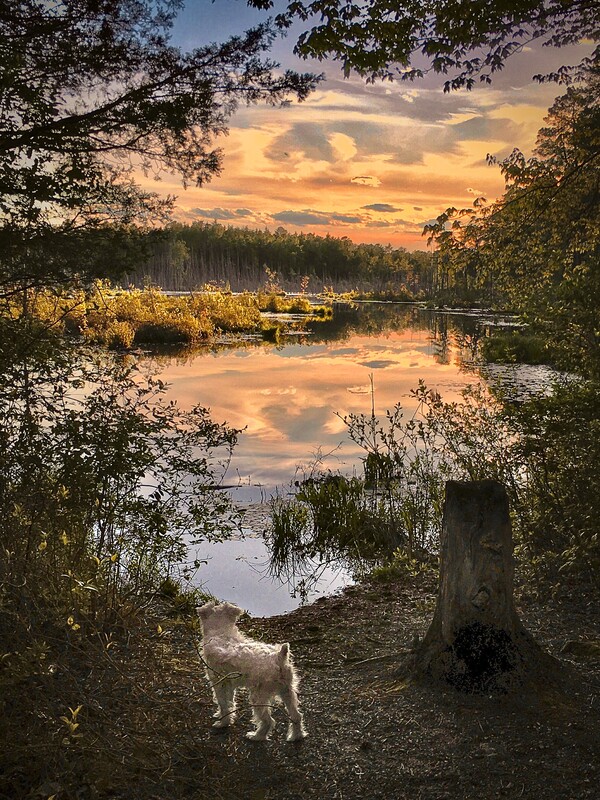
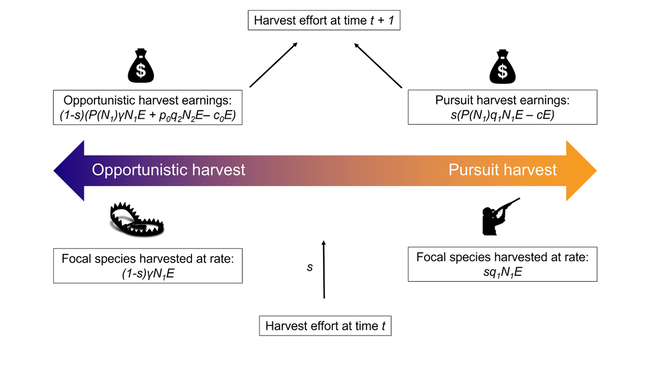
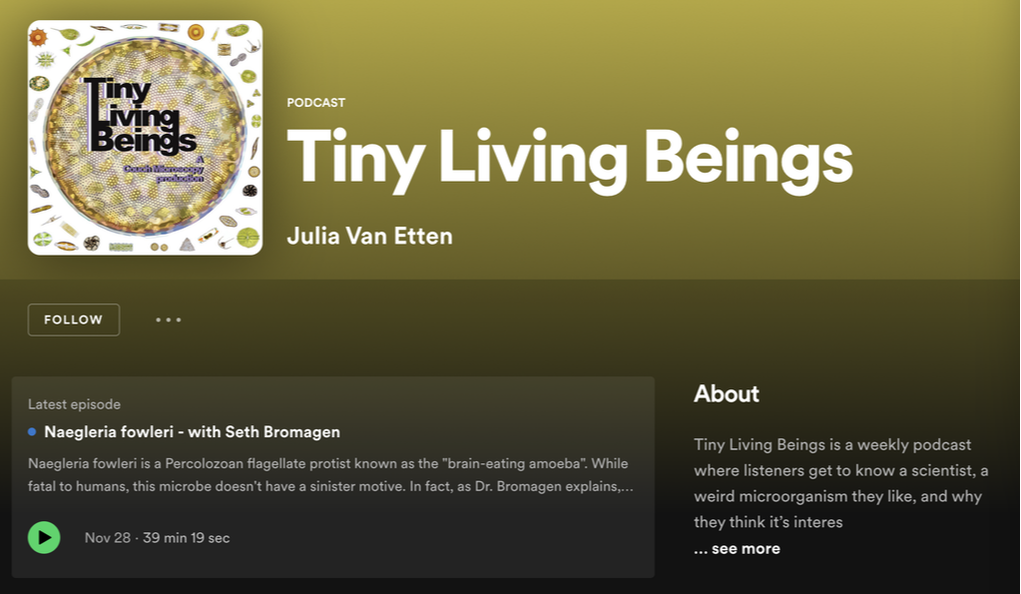
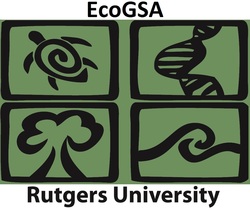
 RSS Feed
RSS Feed
